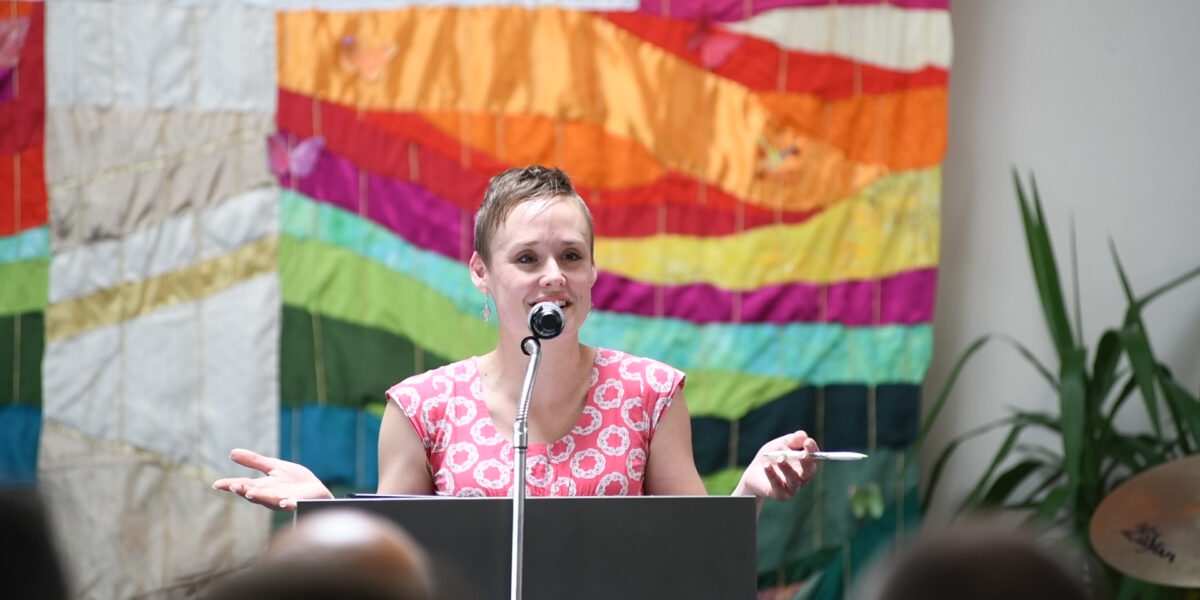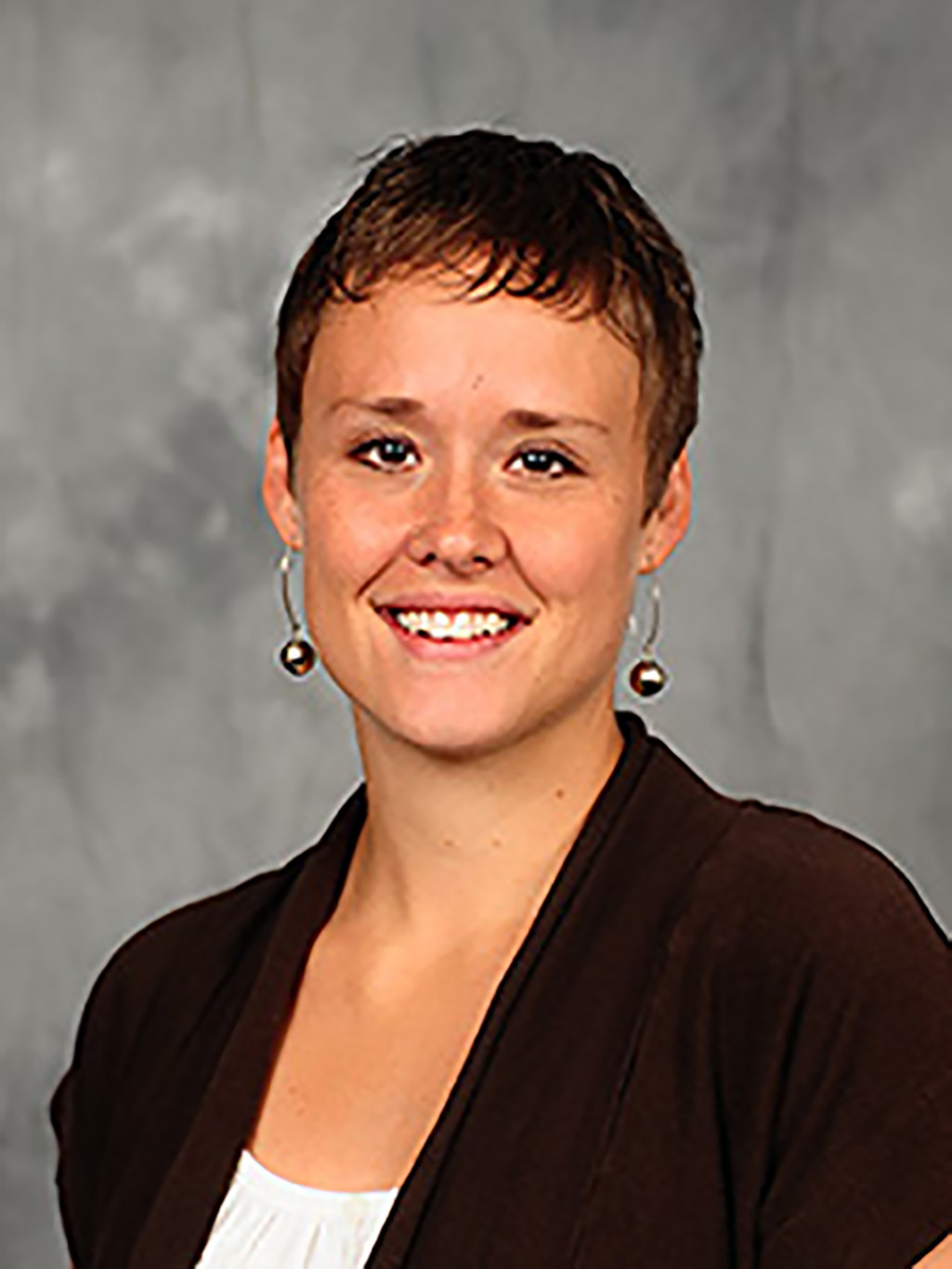We sat in the church office, confused and in tears. It was a scenario I have experienced too many times before. My friend trying to figure out what it means to be a pastor.
"I know I was called for a reason."
Being called into church leadership is a serious discernment process. It has to be something felt both inwardly and affirmed by the community. It’s a two-fold process.
And far too often, very talented and passionate people are called into church leadership and are placed within a congregational setting and realize, like my friend, everything I feel called and equipped to do is not what the church wants or expects from me.
That is because the church has this problem with referring to every church leader as a "pastor." In fact, the Bible very rarely refers to church leaders as "pastors," or as the Greek would say, "shepherds." Much more often in the Bible we hear about the Apostles, the Prophets and the Evangelists (Ephesians 4:11).
Paul’s letter to Ephesus is perhaps the most profound articulation of what the church is called to be and still our seminaries only train people for two of the five leadership roles mentioned in Paul’s letter. If you feel called into ministry you can either train to become a pastor or a teacher, the least often referred to gifts of leadership in the New Testament (see Tim Cathcim and Alan Hirsch’s book, The Permanent Revolution).
I find this strange, especially with our Anabaptist Mennonite penchant for reading Scripture within the historical context and trying to understand what it meant for the original author and audience. What was Paul saying in his letter to the church in Ephesus about how we call, train and empower leaders so that the church can grow into maturity and fullest stature of Christ (Ephesians 4:13)?
We are losing far too many passionate, talented and truly called leaders because their calling, once placed within the congregational setting, is lost to the expectations of everything the word "pastor" carries with it.
Even if you are called to teach as a teacher, our churches do not necessarily want to empower you to teach. Before you do that, they want you to love, care for and nurture the community. Then you can find time to teach.
If you are called to listen deeply to the Holy Spirit and stir the hearts and minds of the people as a prophet, the church would rather you just love and care and nurture the community first and attend to these spiritual matters later.
If you are called to push the outer edges of the vision and mission of the congregation outside of the walls of your church, the church would much rather that you love and care and nurture them first. Then, if the broader community chooses to join in, you can love and nurture and care for them, too.
And if you are called to proclaim passionately what you believe, as an evangelist, you make us very uncomfortable in the Mennonite Church and we’re really not sure what to do with you. But maybe if you adopt the stance of a prophet, we might listen.
(Far too often this seems to happen in the Mennonite Church. Our evangelists are forced to act like prophets. The danger with this is that evangelists are more prone to speak first what they already firmly believe and listen later, while prophets often listen first, slow everyone down, ask questions, connect the dots and only cry out when they can no longer can hold it in. For example, the prophet Jeremiah didn’t want to have to speak.)

For three years now I have been passionately immersed in what Alan Hirsch calls the "Apostlic Imagination," which uses the Ephesians 4 "APEST" (Apostles, Prophets, Evangelists, Shepherds and Teachers) as a rubric for how we understand, train, call and equip leaders (not just paid clergy) of every single church.
I’d like to suggest that using APEST as a way to describe leaders, rather than simply calling everyone "pastor" is the difference between playing chess and checkers. In checkers, every piece has the same role. It’s a simple game. In chess, every piece is uniquely designed for a strategic purpose. The game can be played with masterful skill and is full of endless possibilities.
I believe Hirsch’s work has connected with me so strongly because 13 years ago, just like my friend, I sat in the church office, confused and teary-eyed, wondering if I heard God wrong. I knew I was called, but everything the church wanted and expected of me was not what I felt called to do.
I knew I was called, but every avenue for learning in the seminary did not fit my gifts and my passions. I knew I was called, but there was nothing in the Mennonite Church that fit my calling. Six months into pastoral ministry, I wanted to quit. But the love and care of my supervisor, the ultimate "pastor/shepherd" Anne Stuckey, coaxed me back in and assured me I’d figure it out.
But even in hours of conversations with Anne, I know that I frustrated her. She knew I had leadership potential and calling, but it was clear to me she did not understand my calling. In fact, she wrote the chapter in the 1989 Herald Press missionally-focused book, Congregational Discipling, on "Pastors as Disciplers." Using pastoral language, she describes "pastor/shepherds," "prophets," "teachers," and "evangelists." But guess which type of spiritual leader she didn’t mention?
The apostle. Me. She had no concept of who the apostle was and what they were called to do, which is everything I am. The visionary, the pusher of boundaries and the builder of all things new. I can’t tell you how often she would tell me, "you don’t have to reinvent the wheel." But the Apostle’s first impulse is reinvent the wheel. We can’t help ourselves!
Even if the denomination wrote a book in 1989 on how to become a discipling congregation, the language we use to describe all leaders in the discipling project are still those who are called to love and care and nurture the congregation: "Pastors."
The expectation carried with the word "pastor" is clearly ingrained in everything we are as a people and carries with it a particular expectation that leaves four out of five people called into leadership roles feeling inadequate and ill-equipped.
A friend of mine, Ken G Kabira, describes most hiring processes like this, "You are hired for your strengths. You are fired for fit. And you quit because of motivation."
We have a problem when those who are called into ministry are unable to practice the very thing they are called into church leadership to do because the very role of working within a church leaves them frustrated and confused and often in tears. And so they quit or they go work for the denomination, because at least in the denominational minister roles there is a vision for leadership that is different than a "pastor." Because so many of us are not called to be "pastors."
I am not a pastor. I am sent to be a disturber and an equipper (a.k.a. an apostle). That is what I am called to do. I have decided to try to never call myself a pastor again. Now don’t get me wrong. I do love and care for our community. My heart breaks when their heart breaks. I suffer when the congregation suffers. But my first inclination is not to nurture and protect the congregation as a shepherd of a flock would. My first inclination is to push, disturb, provoke and then equip.
As a child, I loved to make grandma’s sheep run. I would throw a stick in front of them and watch them all jump over each other trying to get ahead. I was born to push. Which means I constantly feel like I have to remind the congregation that I am not a natural shepherd. I know I am a woman. I know I am a church leader. But I am not a pastor. I am not Anne Stuckey. I can do the work of a shepherd, but it’s not a natural inclination and it takes a lot of energy and if it were the only thing I did, I would quit.
Brothers and sisters of Mennonite Church USA: Language shapes culture!
I believe firmly that until we stop calling everyone who is called into church leadership "pastor," we as a denomination will never be able to become the missional church we aspire to be. Because every church leader will be laden with the heavy burden of "pastoring" before they can get to the work they were born to do.
For further reading:
Alan Hirsch and Tim Catchim, The Permanent Revolution: Apostolic Imagination and Practice for the 21st Century Church. 2012.
Alan Hirsch, 5Q: Reactivating the Original Intelligence and Capacity of the Body of Christ. 2017








